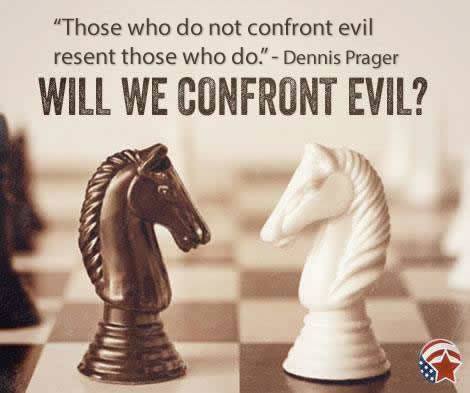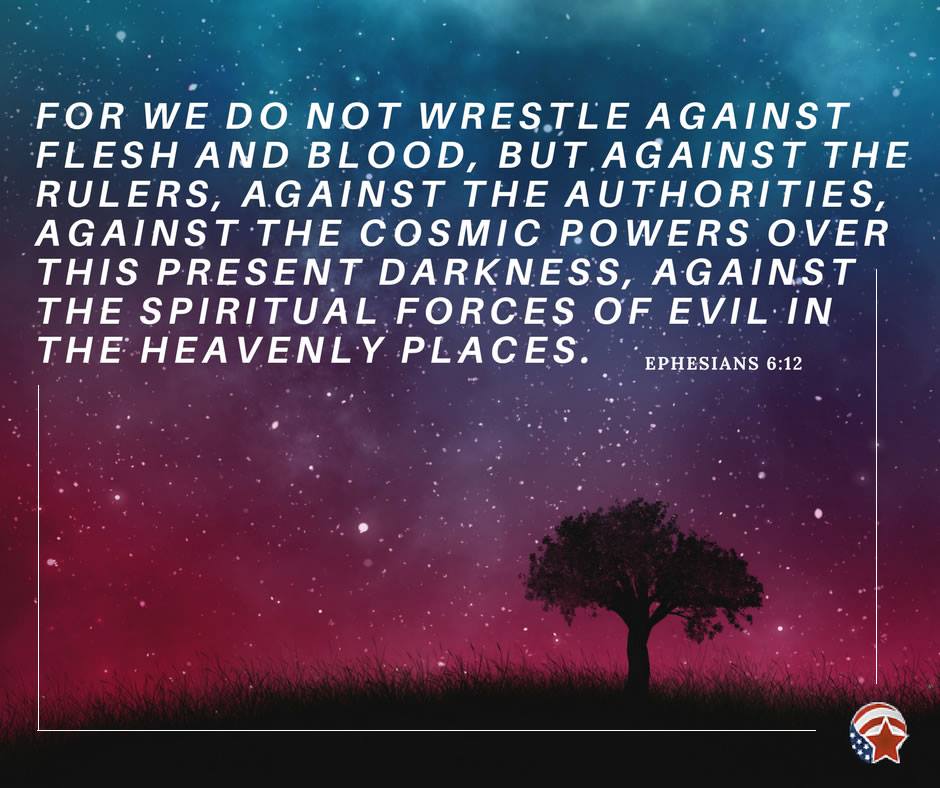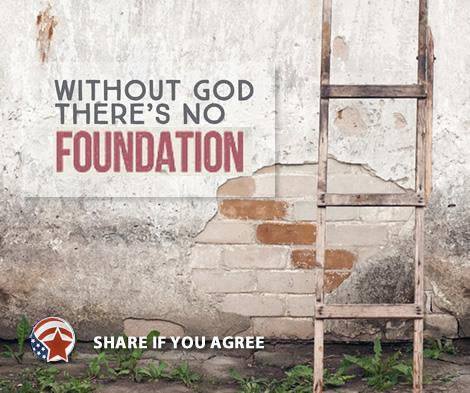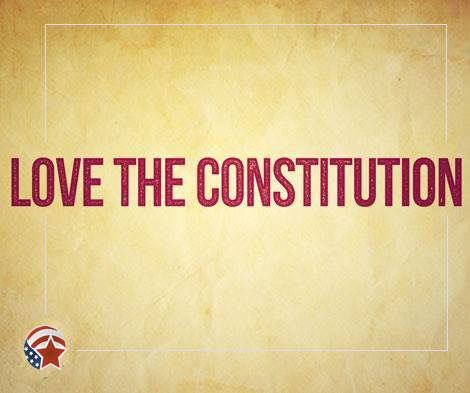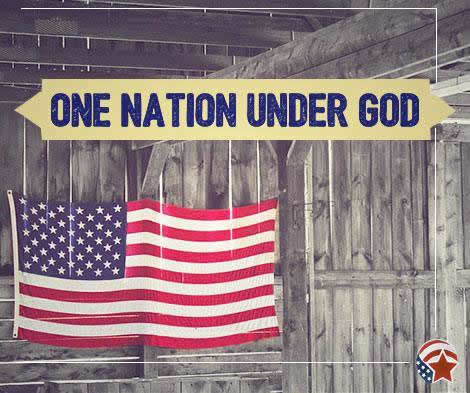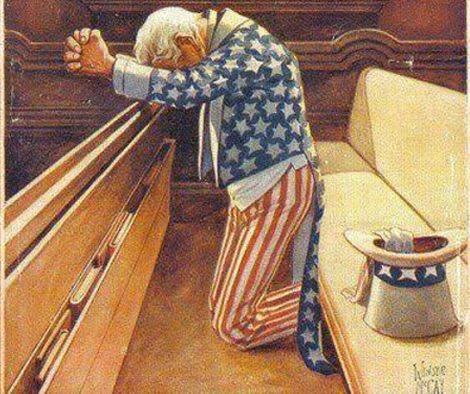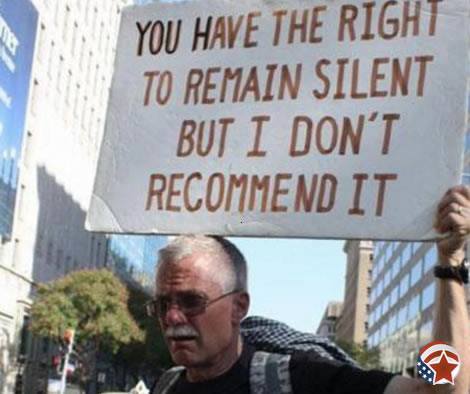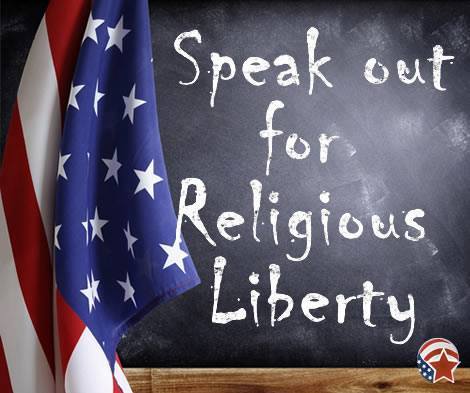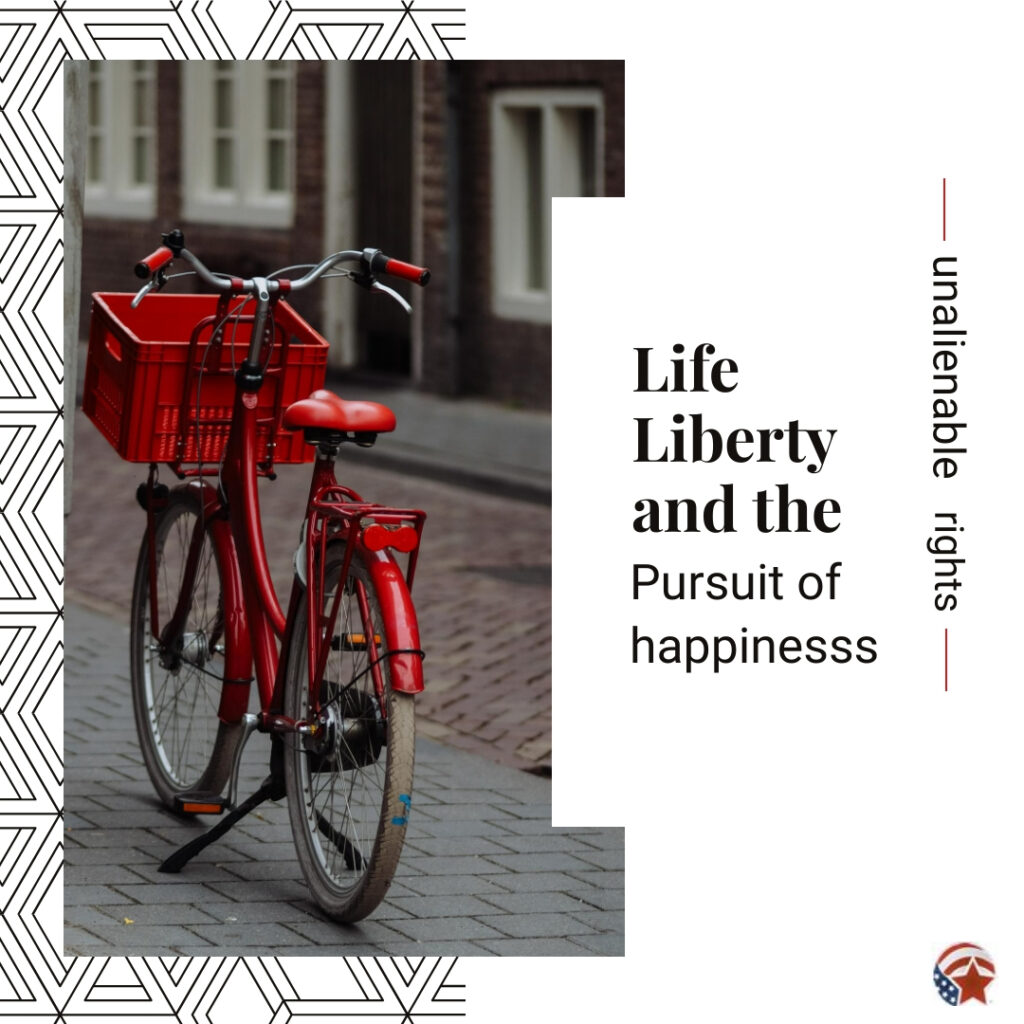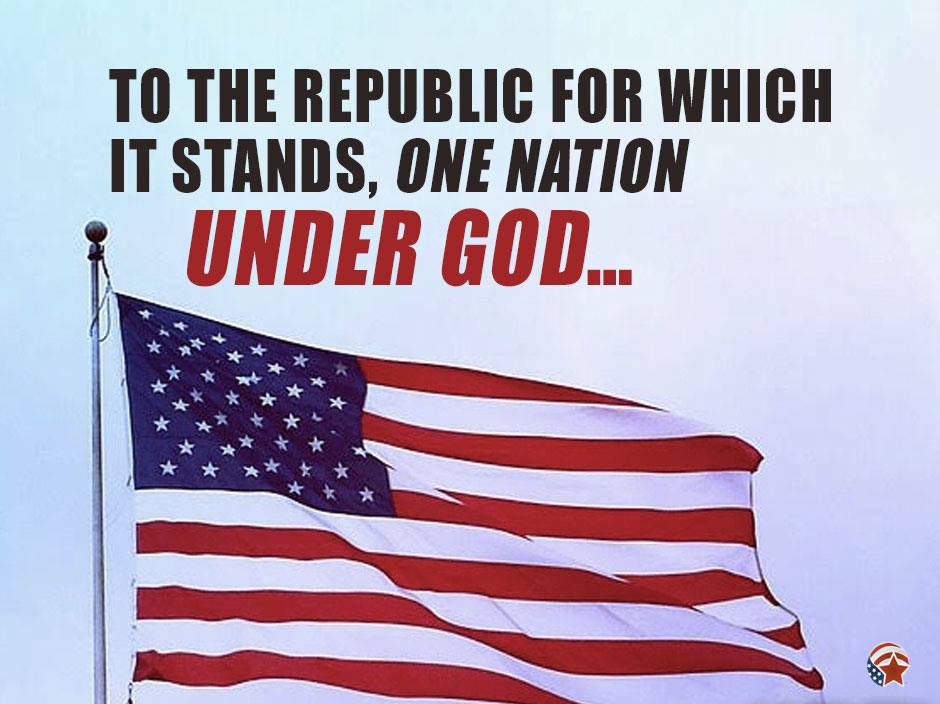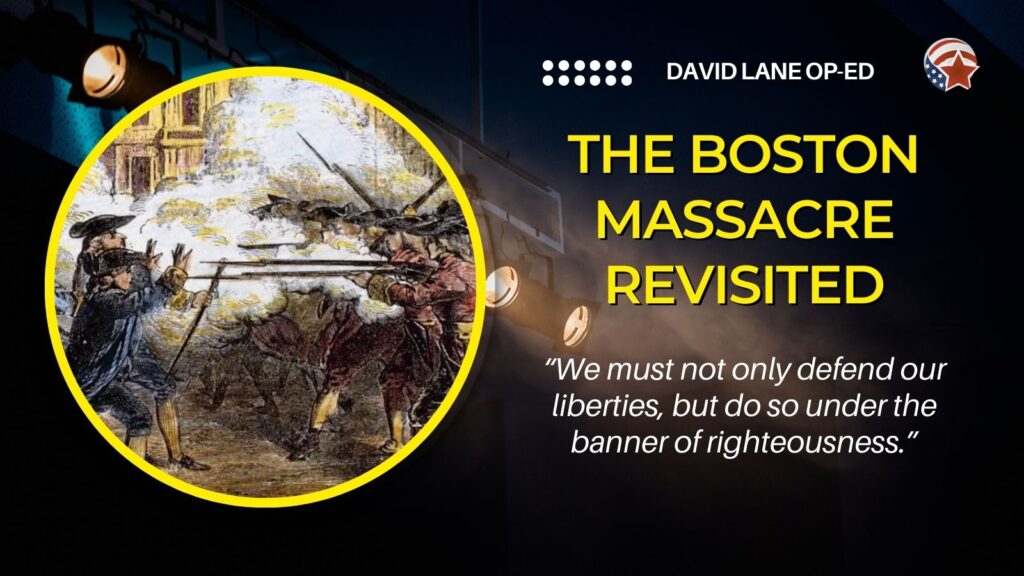

Jonathan Parsons [1705-1776] entered Yale College at age 20 and studied theology under President Elisha Williams [1694-1755]. Jonathan Edwards [1703-1758] mentored Parsons and helped shape his theological outlook and ministerial approach. Edwards became assistant pastor at First Church of Northampton in 1726 and succeeded in 1729 his grandfather, the Reverend Solomon Stoddard, a highly influential Puritan minister.
Reverend Parsons pastored First Congregational Church, Lyme, Connecticut, from 1731 to 1745 and Old South Presbyterian Church, Newburyport, Massachusetts, from 1745 to 1776. Parsons became a leading figure of the First Great Awakening in the 1730s and 1740s, during which time the great revivalist founder of Methodism, George Whitefield [1714-1770], profoundly affected Parsons. Harry Stout [born 1947], the Jonathan Edwards Professor of American Christianity at Yale Divinity School, calls Whitefield “America’s first cultural hero.”
So strongly linked were Whitefield and Parsons that Whitefield requested to be buried in the crypt beneath Parsons’ pulpit, a wish honored after his death in 1770. Reverend Parsons conducted his funeral service and delivered a characteristically powerful sermon to thousands of mourners.
Pastor Parsons became prominent in early America for his passionate sermons and support of liberty and resistance against British rule following the French and Indian War [1754 to 1763], which pitted the North American colonies of the British Empire against the French and various Native American tribes. The War was a geopolitical clash for imperial supremacy, involving economics, alliances, and global strategy. Its outcome transformed the map of North America and reshaped the colonial world order.
Although the American colonies initially supported the War, their attitude changed from enthusiasm into frustration and then resentment in the aftermath of the British victory. Driving Colonial grievances was King George III’s issuance of the Proclamation of 1763, which banned colonial settlement west of the Appalachians, as well as the increase of British troops in the Colonies, and implementation of the Tea Act, Stamp Act, and Sugar Act to pay off massive war debts amassed from the French and Indian War.
Pastor Parsons’ sermons1 are a case in point showing that the American Founders of the 17th and 18th centuries did not retreat from involvement in politics and the public square. For example, when New England revolutionaries resolved to resist the tea tax, Parsons organized the young women of his congregation to brew local herbs instead of imported tea.
When the deadly confrontation between British soldiers and American colonists shed colonial blood on colonial soil in Boston on March 5, 1770, the Boston Massacre became the pivotal event that lit the fuse to the American Revolution and the struggle for American independence. The Massacre was not just a street fight but a flashpoint in the battle for American sovereignty.
In its aftermath of the Boston Massacre, Reverend Parsons ordered the church bell at Old South Church to toll in remembrance of the fallen; “a gesture resonating deeply with his congregation and the broader community” that served as a rallying cry for action against British oppression.
Parsons became a fervent supporter of the American Revolution, using his pulpit to not only honor the victims of the massacre but also to deliver sermons that framed the cause of American independence as “a sacred, moral duty.” He mobilized public sentiment, especially among undecided or moderate colonists in Newburyport and surrounding towns, merging religious revivalism with political activism. He portrayed the American cause as a covenantal, “We must not only defend our liberties, but do so under the banner of righteousness.”
The Old South Church and Pastor Parsons became the hub of Revolutionary organizing with Revolutionary figures and events. He encouraged the young men of his congregation to take up arms, viewing military service as an extension of Christian duty. He publicly supported the formation of local militias and minutemen in Newburyport and in at least one sermon referred to the colonial army as “God’s instrument for securing justice.”
The pastor encouraged his congregation to buy only local goods, wear homespun clothing, and avoid all taxed imports, and he became the spiritual general of the patriot cause. As such, contemporary American Christianity could learn much from Pastor Parsons and the early Founders on the matter of civic engagement.
In the Preface to the Frame of Government of Pennsylvania [1682], William Penn wrote: “Governments, like clocks, go from the motion men give them; and as governments are made and moved by men, so by them they are ruined too. Wherefore governments rather depend upon men than men upon governments. Let men be good, and the government cannot be bad.”
This brings us to President Trump’s nominee for U.S. Attorney General for the District of Columbia, Edward R. Martin, Jr., whom I met in 2011 through Dick Bott, the Christian radio pioneer and owner of the Bott Radio Network and 120 Christian radio stations across 16 states.
Over the last decade, Ed participated in the American Renewal Project mobilization of pastors and pews to engage the culture. I have seen Ed in many settings, from high-level professional to personal. He’s an exceptional leader and a wonderful person. Democrats are attacking him and impugning his character as they battle to impose their leftist ideology on America and the public square.
Please pray for Ed, his wife Carol, and their four children. Please pray that the U.S. Senate will confirm him as U.S. Attorney General for the District of Columbia. Better yet, lead your congregation to call their two U.S. Senators’ state offices, imploring them to confirm Ed for this strategic position.
Thankfully, like early America in the 17th and 18th centuries, Gideons and Rahabs have begun to stand.
David Lane
American Renewal Project
1. The University of Michigan’s William L. Clements Library holds a bound volume of approximately 20 of Parsons’ sermons, covering various topics such as redemption, salvation, and the interplay between faith and civic responsibility.


